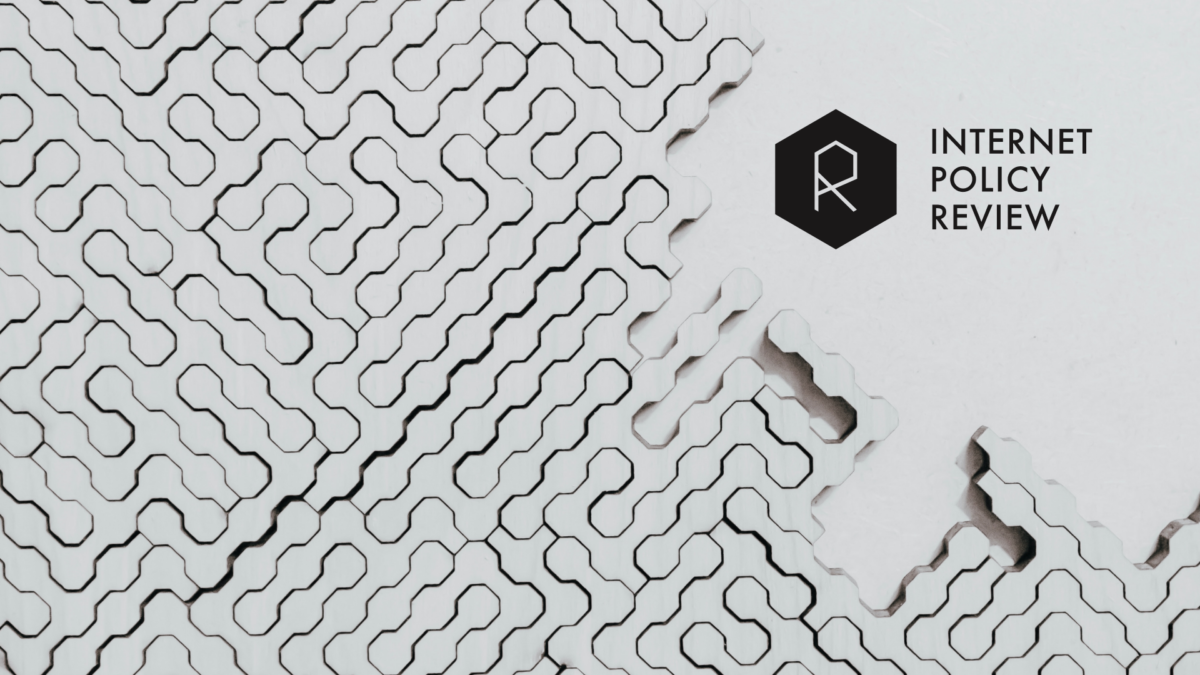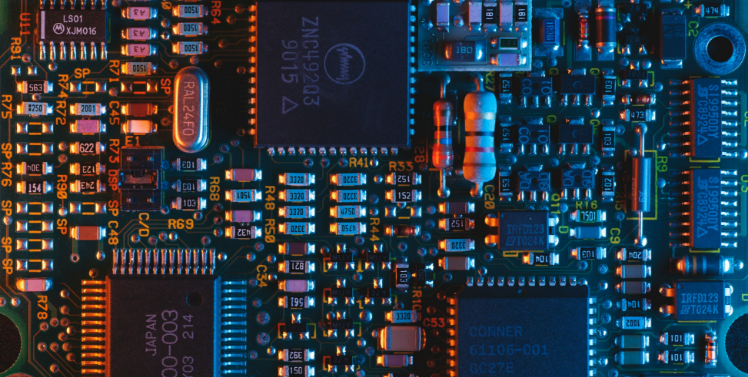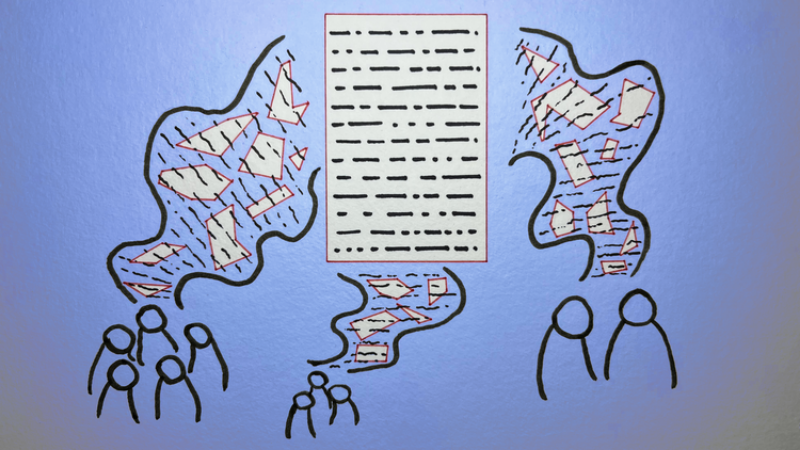Making sense of our connected world
The Human in the Loop in automated credit lending – Human expertise for greater fairness
How fair is automated credit lending? Where is human expertise essential?
Identifying bias, taking responsibility: Critical perspectives on AI and data quality in higher education
AI is changing higher education. This article explores the risks of bias and why we need a critical approach.
Inside content moderation: Humans, machines and invisible work
Content moderation combines human labour and algorithmic systems, exposing global inequalities in who controls what we see online.
AI resistance: Who says no to AI and why?
This article shows how resisting AI systems means more than protest. It’s a way to challenge power structures and call for more democratic governance.
Blind spot sustainability: Making AI’s environmental impact measurable
AI’s environmental impact spans its entire life cycle, but remains a blind spot due to missing data and limited transparency. What must change?
Unwillingly naked: How deepfake pornography intensifies sexualised violence against women
Deepfake pornography uses AI to create fake nude images without consent, primarily targeting women. Learn how it amplifies inequality and what must change.
Governing AI: Political players between vision and regulation
Not only tech giants in Silicon Valley influence the development of artificial intelligence (AI): supranational political institutions, states and parties are also active leaders and regulators. They set legal standards, formulate strategies for the future, explore potentials and dangers, promote and sanction or even adopt controversial positions. How do political actors position themselves in the AI debate between economic interest, ethical controversies and the common good? Where do their strategies differ? Is politics here more of a driver or a driven force?
Algorithmic decisions and human rights
Who is responsible if an autonomous vehicle is involved in an accident? What are the consequences of automated profiling of the unemployed? How intelligent is our use of artificial intelligence, and what visions and strategies do we need for the future? Innovations in the field of artificial intelligence are impacting nearly every area of our everyday life. However, algorithmic decision-making leads to complex human rights implications. In this dossier researchers of the Humboldt Institute for Internet and Society and the NoC European Hub discuss the role of law and ethics in the context of algorithmic decision-making.

















